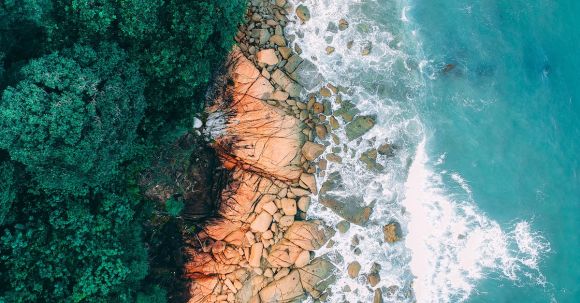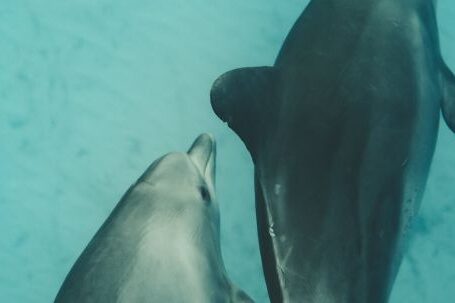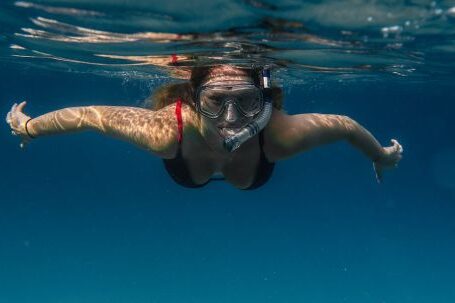The world’s oceans are teeming with an incredible array of marine life and vibrant coral reefs. These fragile ecosystems are not only beautiful to behold but also play a vital role in maintaining the health of our planet. As divers, it is our responsibility to ensure that we protect these precious natural resources. In this article, we will discuss some essential tips for responsible diving to help safeguard marine life and coral reefs for future generations.
Understand the Importance of Coral Reefs
Coral reefs are often referred to as the rainforests of the sea due to their rich biodiversity. They provide a habitat for countless marine species and act as a natural barrier against coastal erosion. It is crucial for divers to educate themselves on the significance of coral reefs and the threats they face. By understanding their value, we can better appreciate the need to protect and conserve them.
Practice Proper Buoyancy Control
One of the most important skills for responsible diving is maintaining proper buoyancy control. When divers have good buoyancy control, they can avoid unintentional contact with the reefs. Touching or kicking coral can cause irreparable damage, as coral is delicate and takes years to grow. It is essential to fine-tune your buoyancy skills through proper training and practice to ensure you can navigate underwater without causing harm.
Respect Marine Life
When diving, it is essential to remember that we are visitors in the underwater world. We must treat marine life with respect and avoid disturbing or harassing them. Resist the temptation to chase, touch, or feed marine creatures, as this can disrupt their natural behavior and stress them. Always maintain a safe distance and observe without interfering.
Avoid Anchoring on Coral Reefs
Anchoring on coral reefs can cause severe damage, as the anchor and chain can break or crush the delicate coral structures. Instead, opt for mooring buoys or drift dives whenever possible. If mooring buoys are not available, choose sandy or rocky areas for anchoring, ensuring they are away from coral reefs.
Use Reef-Safe Sunscreen
Many sunscreens contain chemicals that are harmful to coral reefs. When applying sunscreen before diving, make sure to use reef-safe options that do not contain oxybenzone or octinoxate. These chemicals have been found to contribute to coral bleaching and can have detrimental effects on marine life. Opt for mineral-based sunscreens that are biodegradable and non-toxic to protect both your skin and the coral reefs.
Dispose of Waste Properly
Proper waste disposal is crucial to protecting marine life and coral reefs. Never throw trash or any other waste into the ocean. Ensure that you secure all items, such as plastic bags or wrappers, so they do not accidentally blow away or end up in the water. Dispose of waste in designated bins on land and never dump it overboard while on a boat.
Support Conservation Efforts
Lastly, support organizations and initiatives that are working towards the conservation of marine life and coral reefs. Look for dive operators and resorts that prioritize eco-friendly practices and support local conservation projects. By choosing to dive with responsible operators, you can contribute to the protection and preservation of these fragile ecosystems.
In conclusion, responsible diving is essential for the protection of marine life and coral reefs. By understanding the importance of coral reefs, practicing proper buoyancy control, respecting marine life, avoiding anchoring on reefs, using reef-safe sunscreen, disposing of waste properly, and supporting conservation efforts, we can ensure that these delicate ecosystems are preserved for generations to come. Let’s embrace the responsibility of being stewards of the ocean and make a positive impact through our diving practices.





